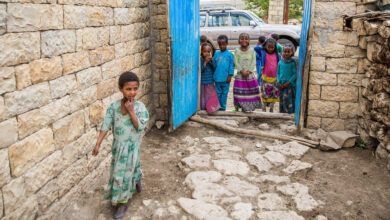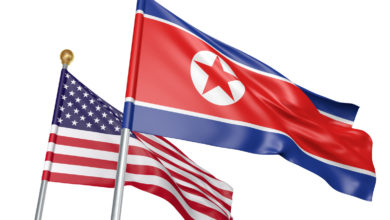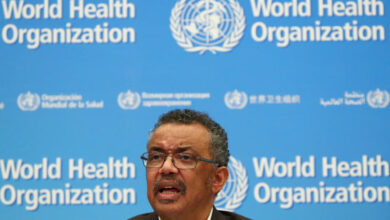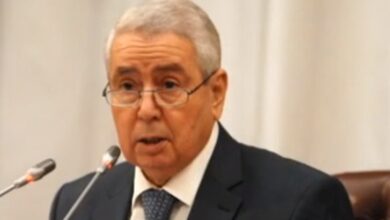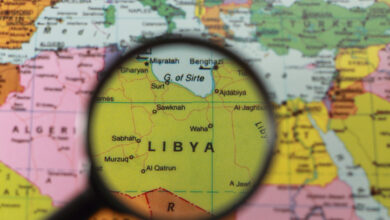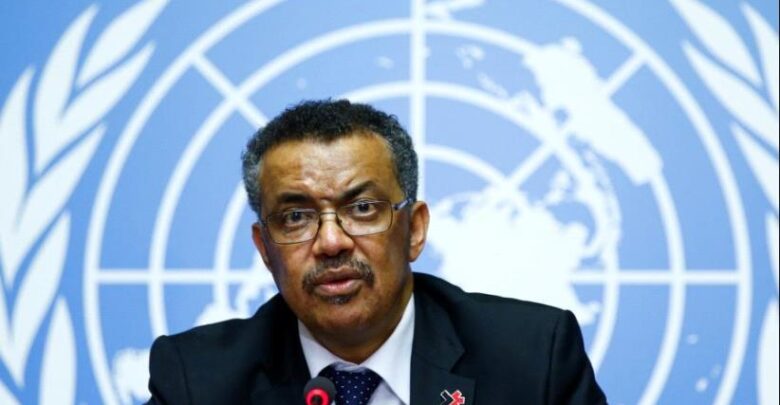
The World Health Organization (WHO) Director-General Tedros Adhanom Ghebreyesus has declared the rapidly spreading monkeypox outbreak as a ‘Public Health Emergency of International Concern’ (PHEIC), reported The Reuters.
In just a few weeks, the monkeypox virus has spread to dozens of countries and infected tens of thousands of people.
The PHEIC label call for a coordinated international response and release of funds to collaborate on sharing vaccines and treatments.
The WHO has advised governments to raise awareness about the disease among doctors and hospitals, take protective measures in suspected cases and educate people on how to protect themselves from infection.
The WHO chief Ghebreyesus made the decision to issue the declaration despite a lack of consensus among experts serving on the UN health agency’s emergency committee. It was the first time the UN health agency chief has taken such an action.
Announcing his decision to declare the health emergency during a media briefing in Geneva, Tedros confirmed that the committee had failed to reach a consensus.
On Thursday, members of an expert committee that met to discuss the potential recommendation were split on the decision, with nine members against and six in favour of the declaration, prompting Tedros himself to break the deadlock.
“We have an outbreak that has spread around the world rapidly through new modes of transmission about which we understand too little and which meets the criteria in the international health regulations,” Tedros told a media briefing in Geneva on Saturday.
The WHO chief added that although monkeypox has been declared a public health emergency of international concern, currently the outbreak is concentrated among men who have sex with men, especially those with multiple sexual partners.
“Stigma and discrimination can be as dangerous as any virus,” he added.
He said the risk of monkeypox was moderate globally, except in the Europe, where the health body has deemed the risk as high.


